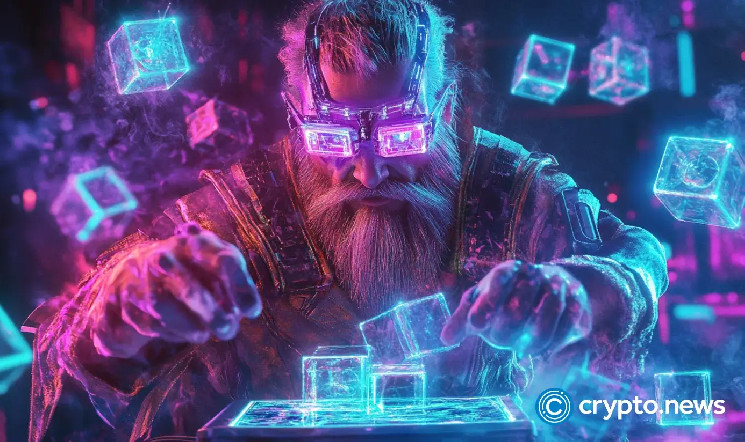The gaming industry has always been a pioneer in embracing technological advancements to enhance user experiences. One of the latest innovations in this space is web3 gaming, which leverages blockchain technology to empower players with full ownership of in-game assets, a voice in game development, and assurance that the game is resistant to censorship. Despite the promising potential of web3 gaming, there exists a noticeable gap in educational resources for aspiring developers looking to enter this evolving sector.
Structural barriers hinder the growth of web3 gaming, with limited adoption and ongoing technological advancements posing challenges for developers. Unlike traditional gaming, which has established best practices and educational programs over decades, web3 gaming is still in its early stages, grappling with regulatory uncertainties and a lack of standardized learning materials. The fast-paced evolution of blockchain technology further complicates the creation of up-to-date educational content, deterring institutions from investing in formal training programs.
To address the talent gap in web3 gaming, industry leaders can draw inspiration from the structured educational pathways established by traditional gaming companies like Unity and Unreal Engine. By collaborating to develop structured courses, certification programs, and mentorship initiatives, blockchain foundations and gaming studios can nurture a skilled workforce and ensure a sustainable talent pipeline for the industry.
Community engagement is essential for the success of web3 gaming, as decentralized governance and community-driven development are integral to the ecosystem. Developers must cultivate a strong community culture to foster user participation and contribution to in-game economies, content creation, and governance processes.
Web3 game development differs from its web2 counterpart in economic models and technological foundations, with a focus on player ownership through NFTs and decentralized economies. Designing sustainable economic models and leveraging blockchain infrastructure are crucial for the long-term success of web3 games, as poorly crafted economies can lead to imbalanced play-to-earn mechanics and diminished user engagement.
To bridge the knowledge gap in web3 gaming and drive mainstream adoption, it is imperative to invest in structured learning initiatives, open-source educational resources, and partnerships with universities to integrate blockchain game development courses into academic curricula. By fostering cross-industry mentorship and collaboration, the web3 gaming industry can unlock its full potential and pave the way for mass adoption.
As the web3 gaming sector continues to evolve, efforts to train and onboard new developers will be essential in realizing its full potential. With a dedicated focus on education and skill development, web3 gaming can revolutionize the gaming industry and usher in a new era of decentralized gaming experiences.
James Strudwick, Executive Director of the Starknet Foundation, is at the forefront of supporting and advancing Starknet—a platform that enhances scalability and security for decentralized applications using zero-knowledge STARK proofs. His expertise and leadership are driving innovation in web3 gaming and shaping the future of the industry.

